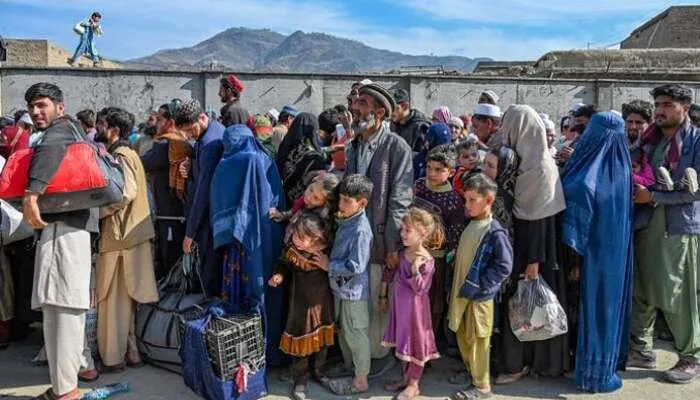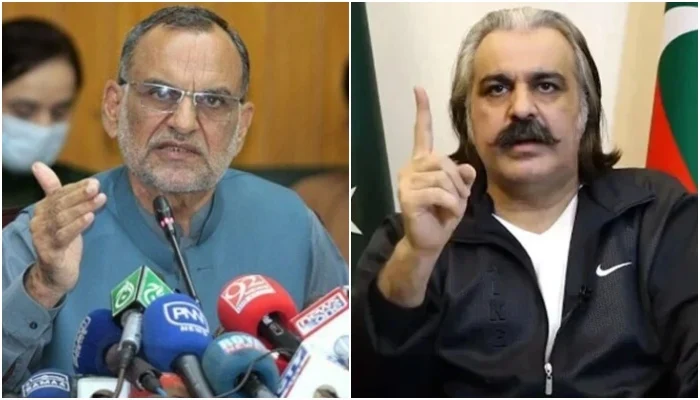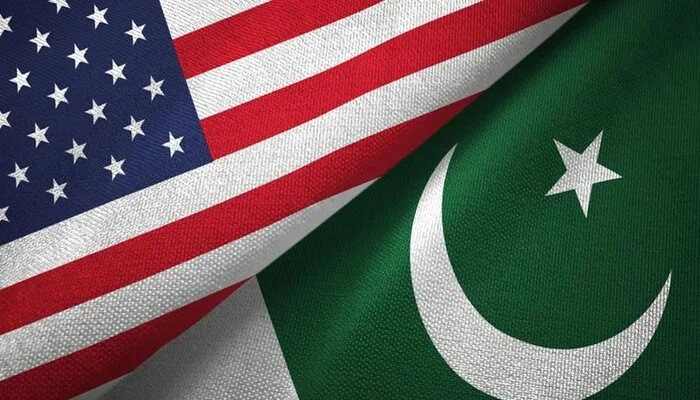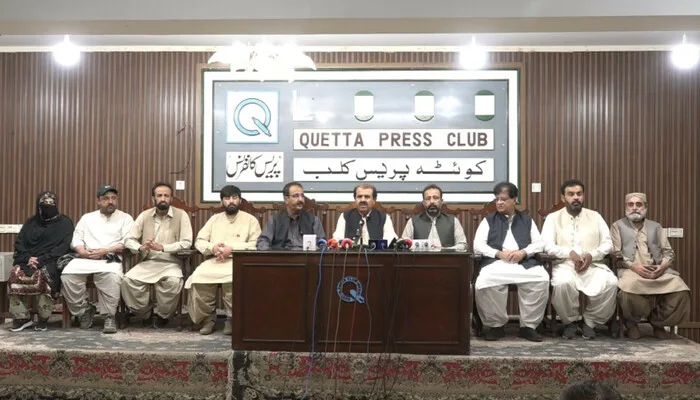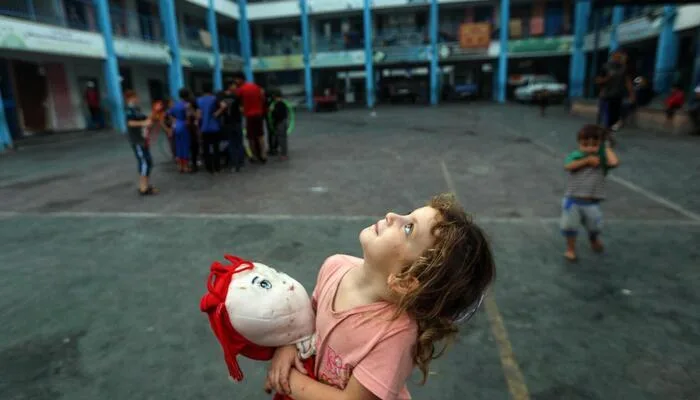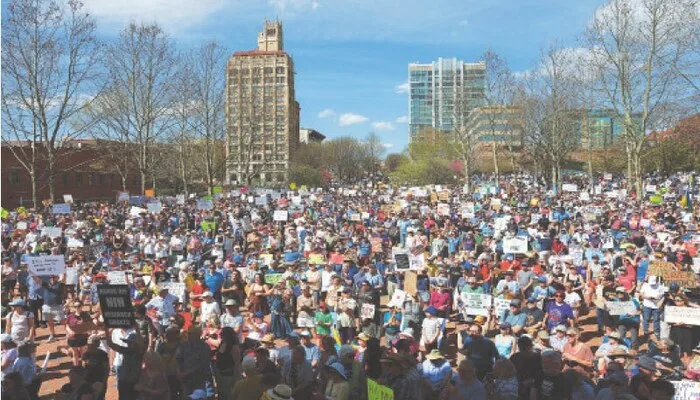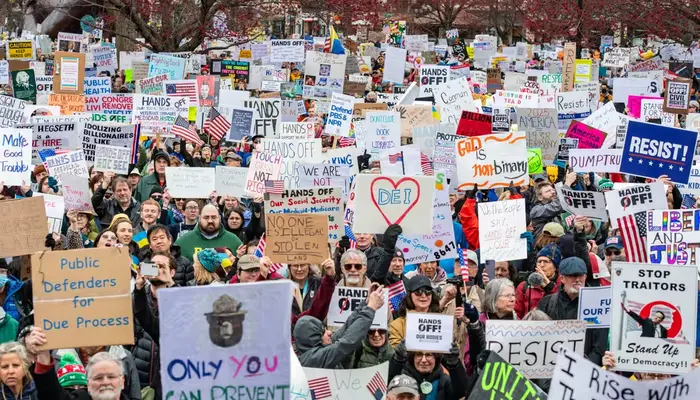Iran Launches Missiles at Israel Amid Escalating Conflict
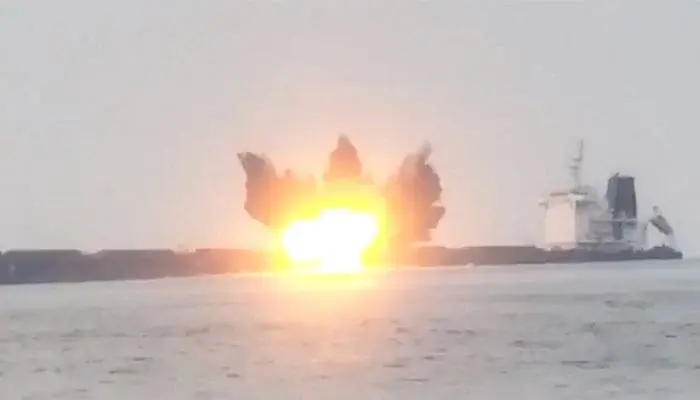
The Islamic Revolutionary Guard Corps (IRGC) confirmed that it targeted multiple sites in Israel with over 200 missiles on October 1. An IRGC spokesperson stated, “The attack was a response to the Israeli atrocities against the people of Gaza and Lebanon.” While no deaths were reported, two Israeli civilians sustained injuries during the missile strike. However, reports indicate that some Israelis were killed shortly after the Iranian attack when armed men opened fire in Israeli territories.
Escalating Tensions in the Region
As tensions rise between Israel, backed by Western powers, and several Muslim nations, regional peace hangs in the balance. Analysts warn that Israel’s “expansionist ideology” threatens stability in the region, and an all-out war appears imminent. The ongoing violence has resulted in missile strikes and air raids by the Israeli Defence Forces (IDF) against civilians, a grim chapter in a history marked by Israeli brutality spanning over seven decades.
The current cycle of violence escalated in October 2023 when Hamas allegedly attacked Israel, resulting in nearly 1,200 Israeli civilian deaths and 250 people being taken hostage. In retaliation, Israel unleashed a ferocious military response, leading to widespread civilian casualties in Palestine. Israeli forces employed missiles, cluster bombs, and airstrikes, targeting hospitals, schools, and shelters. This onslaught has claimed the lives of approximately 42,000 Palestinians, including around 30,000 women and children.
Read: Govt Slams PTI for Protest on Oct 15 Ahead of SCO Summit
International Response and Accusations of Genocide
The international community has condemned Israel’s actions. An International Court of Justice (ICJ) ruling labeled Israel’s assaults on Palestinians as “genocide”. ICJ declared Prime Minister Benjamin Netanyahu a “war criminal.” The International Criminal Court (ICC) issued arrest warrants for Netanyahu. However, these efforts were undermined by the United States’ unwavering support for Israel.
Iran’s missile strike underscores the growing instability in the region, exacerbated by the backing of Israel by the US and other Western allies. Recently, Israel received $8 billion in aid from the US for its military efforts. This ongoing crisis highlights the inadequacies of international institutions. The United Nations have failed to enforce peace or initiate meaningful dialogue.
Muslim Nations Remain Silent
In this volatile scenario, Muslim populations in Palestine, Lebanon, and Syria continue to bear the brunt of the conflict. While there are 56 Islamic countries with two billion Muslims, many leaders have remained silent, offering little more than condemnations. The Organisation of Islamic Cooperation (OIC) has also failed to take effective action.
Iran stands out as the only nation willing to confront Israel’s aggression. The Iranian missile attack on October 1 is likely to have far-reaching consequences. Many countries that previously ignored the plight of Palestinians now condemn Iran’s actions, revealing a hypocrisy among global leaders, especially in the West.
Impending Threats of Retaliation
In response to the Iranian attack, Israeli officials, along with US leaders, have vowed revenge. Israeli Prime Minister Netanyahu called the missile strike a “mistake” and warned that “Iran will have to pay its price.” President Joe Biden expressed full support for Israel, indicating that discussions on retaliation are ongoing.
Conversely, Iranian leaders, including Supreme Leader Ayatollah Khomeini, warned Israel against further actions, stating, “Don’t dare to retaliate; our next attack will be more painful.” Iranian Foreign Minister Abbas Argachi cautioned the US military to stay clear of the conflict.
The situation necessitates restraint from all parties. Any further escalation could worsen the humanitarian crisis in the Middle East, potentially igniting a conflict that engulfs many nations and innocent civilians.



